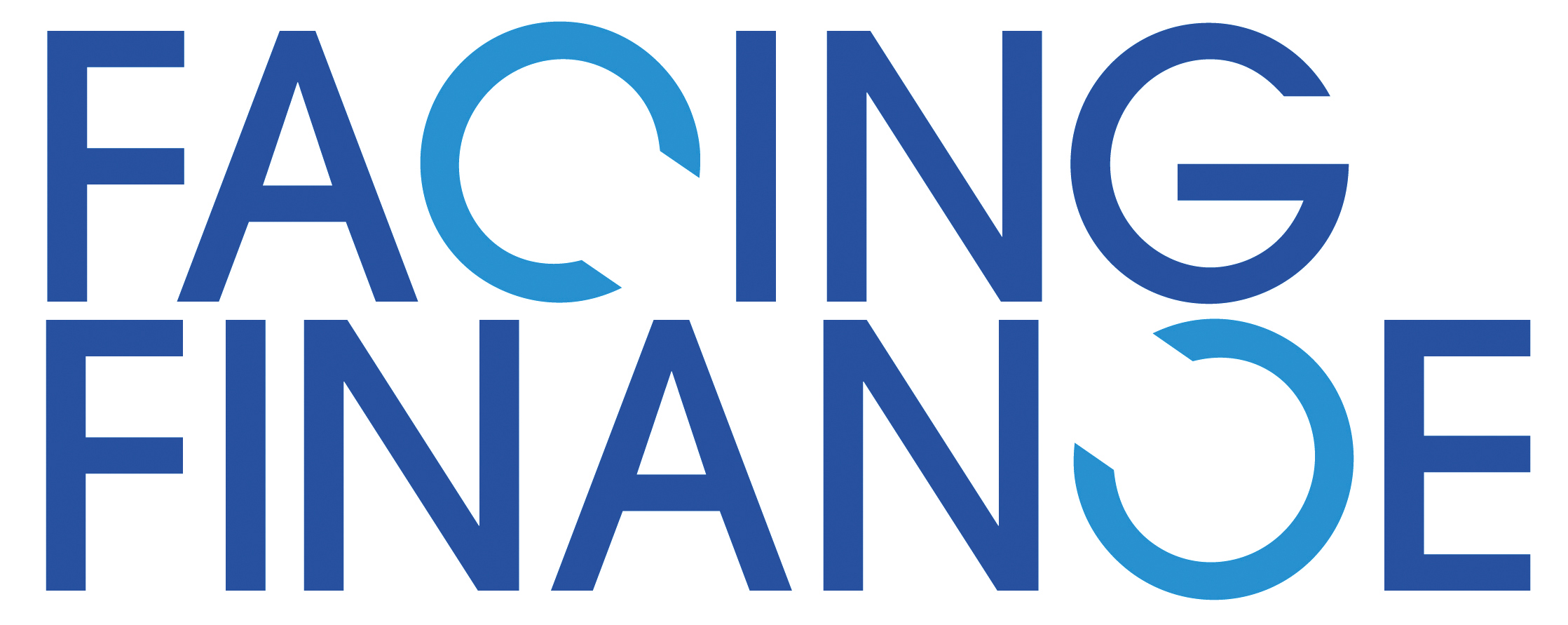region_misc
Mali (inter-communal rivalry / central Mali),
Mali, Burkina Faso et al. (JNIM, ISGS et al.),
Mali, Nigeria et al. (ISWAP / ISWAP-GS)
Mali, Burkina Faso et al. (JNIM, ISGS et al.),
Mali, Nigeria et al. (ISWAP / ISWAP-GS)
BICC Human Rights Assessment
critical
BICC Illicit Arms Trade Risk
possibly critical
Conflict Detail Descriptions
Mali (inter-communal rivalry / central Mali):
The limited war over subnational predominance and resources such as water, wood, and arable land between the Dogon and Bambara ethnic communities and their Dozo selfdefense militias, the Fulani ethnic community, and Islamist groups continued. Since the 2012 Tuareg rebellion in Mali and the subsequent expansion of various Islamist groups [!Mali, Burkina Faso et al. (JNIM, AQIM); Mali, Nigeria et al. (ISWAP/ISWAP-GS)], the deteriorating security situation, especially in the country's Northern and Central regions, has further exacerbated rivalries between Bambara and Dogon farmers, on the one hand, and mostly Muslim Fulani herders, on the other. Furthermore, the weak government presence and recurrent Islamist attacks in the area incentivized ethnic groups to form Dozo self-defense militias, such as Dan Na Ambassagou. Moreover, Islamist groups allegedly recruited mostly members of the Fulani.,
Mali, Burkina Faso et al. (JNIM, AQIM et al.):
The war over the orientation of the international system between the Islamist group Jama'a Nusrat ul-Islam wa al- Muslimin' (JNIM), comprised of al-Qaeda in the Islamic Maghreb (AQIM), Al-Mourabitoun, Ansar Dine, Macina Liberation Front (MLF), and its regional affiliates Ansaroul Islam, and various other Islamist militant groups, on the one hand, and Burkina Faso, Chad, Mali, Mauritania, and Niger (G5 Sahel), France, and other governments on the other hand, continued. Regional, national, and international efforts to combat Islamist militants in the Sahel zone continued this year.,
Mali, Nigeria et al. (ISWAP / ISWAP-GS):
The war over the orientation of the political system between the so-called Islamic State West Africa Province (ISWAP) and the governments of Nigeria, Cameroon, Chad, Niger, Mali, and Burkina Faso continued for the fifth consecutive year. ISWAP comprised two factions operating in West Africa: The first group was formerly called Jama'atu Ahlis Sunna Lidda'Awati Wal-Jihad (JAS) [! Nigeria, Cameroon, Chad, Niger (JAS-Boko Haram)], also known as Boko Haram, and was renamed ISWAP in 2016 after pledging allegiance to so-called Islamic State (IS) [!Iraq, Syria et al. (IS)]. The group is active in the Lake Chad Basin. The second group, formerly known as so-called Islamic State in the Greater Sahara (ISGS) became an IS affiliate in 2016 and was assigned to ISWAP by an IS media outlet in 2019. This group was mainly active in the tri-border region of Burkina Faso, Mali, and Niger. While both factions operated under the name ISWAP, they have independent command structures and have not conducted attacks together yet. ISWAP is opposed to secular and democratic political systems as well as nation states created by former colonial powers, and seeks to establish an Islamic caliphate in the region.
The limited war over subnational predominance and resources such as water, wood, and arable land between the Dogon and Bambara ethnic communities and their Dozo selfdefense militias, the Fulani ethnic community, and Islamist groups continued. Since the 2012 Tuareg rebellion in Mali and the subsequent expansion of various Islamist groups [!Mali, Burkina Faso et al. (JNIM, AQIM); Mali, Nigeria et al. (ISWAP/ISWAP-GS)], the deteriorating security situation, especially in the country's Northern and Central regions, has further exacerbated rivalries between Bambara and Dogon farmers, on the one hand, and mostly Muslim Fulani herders, on the other. Furthermore, the weak government presence and recurrent Islamist attacks in the area incentivized ethnic groups to form Dozo self-defense militias, such as Dan Na Ambassagou. Moreover, Islamist groups allegedly recruited mostly members of the Fulani.,
Mali, Burkina Faso et al. (JNIM, AQIM et al.):
The war over the orientation of the international system between the Islamist group Jama'a Nusrat ul-Islam wa al- Muslimin' (JNIM), comprised of al-Qaeda in the Islamic Maghreb (AQIM), Al-Mourabitoun, Ansar Dine, Macina Liberation Front (MLF), and its regional affiliates Ansaroul Islam, and various other Islamist militant groups, on the one hand, and Burkina Faso, Chad, Mali, Mauritania, and Niger (G5 Sahel), France, and other governments on the other hand, continued. Regional, national, and international efforts to combat Islamist militants in the Sahel zone continued this year.,
Mali, Nigeria et al. (ISWAP / ISWAP-GS):
The war over the orientation of the political system between the so-called Islamic State West Africa Province (ISWAP) and the governments of Nigeria, Cameroon, Chad, Niger, Mali, and Burkina Faso continued for the fifth consecutive year. ISWAP comprised two factions operating in West Africa: The first group was formerly called Jama'atu Ahlis Sunna Lidda'Awati Wal-Jihad (JAS) [! Nigeria, Cameroon, Chad, Niger (JAS-Boko Haram)], also known as Boko Haram, and was renamed ISWAP in 2016 after pledging allegiance to so-called Islamic State (IS) [!Iraq, Syria et al. (IS)]. The group is active in the Lake Chad Basin. The second group, formerly known as so-called Islamic State in the Greater Sahara (ISGS) became an IS affiliate in 2016 and was assigned to ISWAP by an IS media outlet in 2019. This group was mainly active in the tri-border region of Burkina Faso, Mali, and Niger. While both factions operated under the name ISWAP, they have independent command structures and have not conducted attacks together yet. ISWAP is opposed to secular and democratic political systems as well as nation states created by former colonial powers, and seeks to establish an Islamic caliphate in the region.
